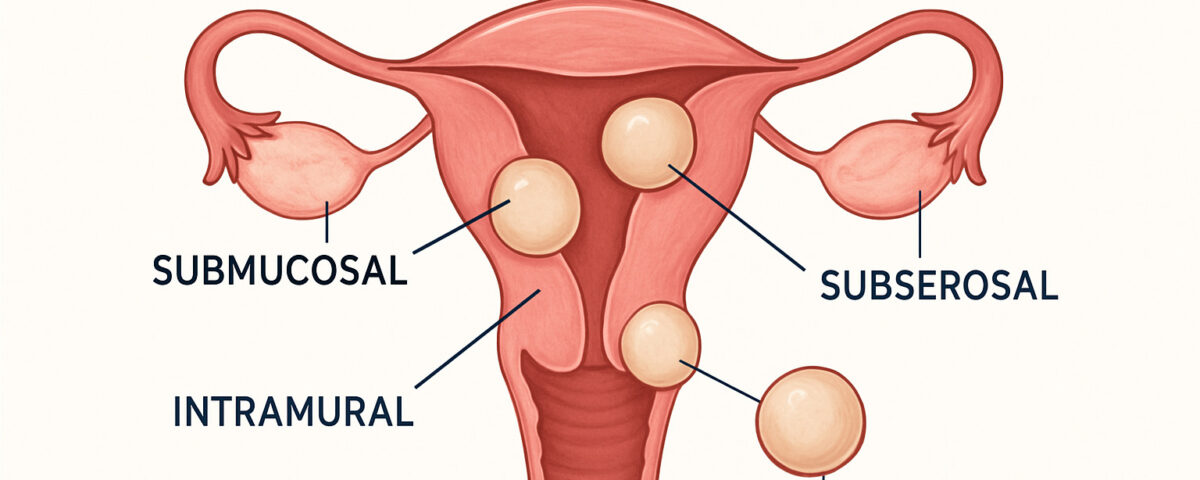
How IVF Can Help Couples with Male Infertility
September 9, 2025
How an OBGYN Can Help with Pelvic Health Concerns
September 9, 2025Gynecologists are medical doctors who specialize in the female reproductive system, focusing on the health of the uterus, ovaries, fallopian tubes, and other related organs. They provide a range of services from routine preventive care to complex surgical procedures. Gynecologists develop a deep understanding of uterine health and the conditions that affect it. Here’s more information about their role in managing uterine health:
Regular Screenings
Routine appointments with a gynecologist are a key part of maintaining uterine health. These visits typically include examinations and tests designed to monitor your reproductive system. A Pap smear is a standard screening that collects cells from the cervix to check for abnormalities. Your provider may also perform a pelvic exam to assess the size and shape of your uterus and ovaries.
These screenings are typically performed at regular intervals, often determined by your age and medical history. Keeping up with this schedule allows your provider to establish a baseline for your health. This baseline makes it easier to notice any changes over time. Regular screenings provide an opportunity to check on your uterine health and address any questions you might have.
Early Detection
One of the main functions of gynecological care is the early detection of potential health issues. Conditions like uterine fibroids, endometriosis, and polycystic ovary syndrome (PCOS) may present with subtle symptoms or no symptoms at all in their initial stages. A gynecologist is trained to recognize these signs during an examination. Through discussion of your symptoms and medical history, they may identify patterns that point to an underlying condition.
When an issue is suspected, a gynecologist can order further diagnostic tests. These might include an ultrasound, blood tests, or a biopsy. Identifying these conditions early may provide more options for management and treatment.
Early detection creates a pathway for addressing health concerns before they become more severe. This proactive approach is a cornerstone of gynecological practice. It enables timely intervention, which may lead to improved health outcomes. Regular screenings and open communication with a healthcare provider are key components of maintaining gynecological health.
Reproductive Healthcare
For those planning to have children, a gynecologist offers valuable support. They assist with preconception counseling, which involves preparing your body for a healthy pregnancy. This process involves discussing your lifestyle, diet, and any existing medical conditions that may impact fertility or pregnancy. They also manage and treat fertility issues.
Additionally, gynecologists provide guidance on contraception. They can help you understand the different methods available, from hormonal options like birth control pills to long-acting reversible contraceptives. They explain how each method works, its effectiveness, and any potential side effects. This information helps you make an informed choice that aligns with your personal health and family planning goals.
Helpful Menopause Assistance
The transition into menopause may bring significant changes to the body, including to the uterus. A gynecologist provides support during this phase of life. They can help you understand the symptoms associated with menopause, such as irregular periods, hot flashes, and vaginal dryness. Management strategies are available for these symptoms. Your provider might discuss hormone replacement therapy (HRT) or other non-hormonal treatments.
Visit a Gynecologist
Consistent gynecological care is a practical step for managing uterine health. From routine screenings and early detection to support with reproductive choices and menopause, a gynecologist offers specialized knowledge for each stage of life. To take a proactive role in your health, schedule an appointment with a gynecologist today to discuss your individual needs.




